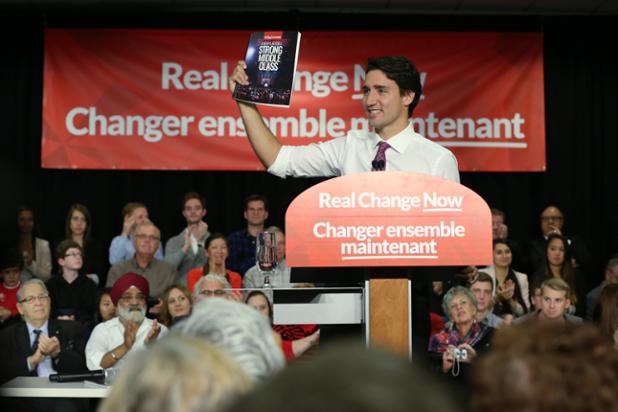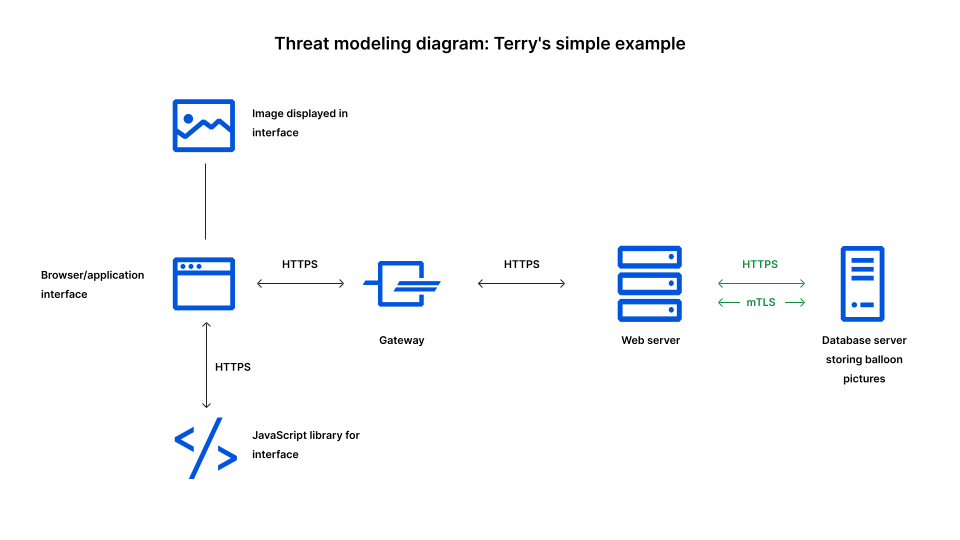Voting Liberal? A Critical Analysis Of Their Platform

Table of Contents
Economic Policies of the Liberal Party
The economic policies of the liberal party often center on government intervention to address social and economic inequalities. This approach contrasts sharply with more laissez-faire economic philosophies.
Taxation and Government Spending
Liberal platforms typically advocate for progressive taxation, where higher earners pay a larger percentage of their income in taxes. This revenue is then used to fund government investment in social programs such as healthcare, education, and infrastructure.
- Examples of specific policies: Increased taxes on high-income earners and corporations, expansion of social security benefits, and increased funding for public education.
- Potential benefits: Reduced income inequality, improved social mobility, and increased access to essential services.
- Potential drawbacks: Higher taxes for some individuals and businesses, potential for government inefficiency, and the risk of creating disincentives for work and investment. Concerns about government overreach are also frequently raised. The debate around optimal tax rates and efficient government spending is ongoing.
Regulation and Free Markets
Liberals generally support government regulation of businesses to protect consumers, workers, and the environment. They believe that free markets, while efficient, need oversight to prevent exploitation and promote social good.
- Examples of regulations: Environmental protection laws, consumer safety regulations, and labor laws protecting workers' rights.
- Arguments for and against deregulation: Deregulation can stimulate economic growth by reducing compliance costs for businesses, but it can also lead to environmental damage, worker exploitation, and unfair market practices. Finding the right balance is a key challenge.
- Potential consequences: Over-regulation can stifle innovation and economic growth, while under-regulation can lead to market failures and social harm. The optimal level of regulation is a subject of ongoing debate within the liberal platform itself.
Social Issues and the Liberal Agenda
Social justice and equality form the bedrock of most liberal platforms. This translates into specific policy proposals in several key areas.
Healthcare
Access to affordable healthcare is a major concern for liberals. Many advocate for universal healthcare systems, where all citizens have access to healthcare regardless of their ability to pay.
- Examples of universal healthcare systems: Single-payer systems (like Canada), multi-payer systems with strong regulations (like Germany), and various forms of government-sponsored health insurance.
- Arguments for and against government-funded healthcare: Proponents argue it ensures equitable access to care and reduces overall healthcare costs, while opponents raise concerns about government inefficiency, higher taxes, and potential limitations on choice.
- Potential impact on healthcare access and affordability: Universal healthcare aims to increase access and affordability, but the actual impact varies depending on the specific model implemented.
Social Justice and Equality
Liberals champion policies that promote social justice, including racial equality, LGBTQ+ rights, and gender equality. They often advocate for affirmative action programs and legislation to combat discrimination.
- Examples of policies promoting social justice: Legislation protecting against discrimination based on race, religion, gender, sexual orientation, and disability; affirmative action programs aimed at increasing representation of underrepresented groups; and investment in programs that address systemic inequalities.
- Potential benefits: Reduced discrimination, increased social cohesion, and a more equitable society.
- Potential challenges: Balancing individual rights with social goals, addressing potential unintended consequences of affirmative action, and ensuring that programs are effectively implemented and not subject to abuse.
Foreign Policy and International Relations
The liberal approach to foreign policy generally emphasizes international cooperation and diplomacy.
International Cooperation and Diplomacy
Liberals often favor multilateralism, working with international organizations and other countries to address global challenges.
- Examples of international treaties and agreements: Participation in the UN, international climate agreements, and trade agreements.
- Arguments for and against interventionism: While some liberals advocate for humanitarian intervention in certain circumstances, others prioritize non-interventionism, arguing that military intervention often causes more harm than good.
- Potential impact on global security and stability: International cooperation can promote peace and stability, but it can also be slow and ineffective in addressing immediate threats.
Defense and Military Spending
Liberal views on defense spending and military interventions vary. Some advocate for strong military capabilities to protect national interests, while others favor a more restrained approach, prioritizing diplomacy and reducing military spending.
- Examples of liberal approaches to national security: Investing in diplomacy and international cooperation, strengthening alliances, and maintaining a strong but not overly expansive military.
- Potential benefits and drawbacks of different strategies: A strong military can deter aggression, but it can also lead to increased global tensions and the risk of unintended consequences. A more restrained approach can save resources but may leave a nation vulnerable to threats.
- Impact on international relations: A nation's approach to defense and military spending significantly impacts its relationships with other countries.
Conclusion: A Balanced View on Voting Liberal
This article has provided a critical analysis of key aspects of the liberal platform, highlighting both its strengths and weaknesses. Understanding the complexities of progressive taxation, government regulation, healthcare models, and foreign policy approaches is essential for informed political participation. Voting Liberal, or voting for any political party, requires careful consideration of the potential impacts of their policies.
Before deciding whether Voting Liberal aligns with your values, make sure to thoroughly research their platform, compare it with alternative viewpoints, and actively participate in the democratic process. Ultimately, understanding the nuances of Voting Liberal is crucial for responsible civic engagement.

Featured Posts
-
 Instagrams New Video Editing App A Threat To Tik Tok
Apr 24, 2025
Instagrams New Video Editing App A Threat To Tik Tok
Apr 24, 2025 -
 Selling Sunset Star Highlights Post Fire Landlord Price Gouging In La
Apr 24, 2025
Selling Sunset Star Highlights Post Fire Landlord Price Gouging In La
Apr 24, 2025 -
 65 Hudsons Bay Properties Generate High Leasing Interest
Apr 24, 2025
65 Hudsons Bay Properties Generate High Leasing Interest
Apr 24, 2025 -
 Niftys Ascent Analyzing The Positive Factors Driving Indias Market
Apr 24, 2025
Niftys Ascent Analyzing The Positive Factors Driving Indias Market
Apr 24, 2025 -
 Independence Concerns Lead To 60 Minutes Executive Producers Exit
Apr 24, 2025
Independence Concerns Lead To 60 Minutes Executive Producers Exit
Apr 24, 2025
Latest Posts
-
 Why Is The Us Attorney General On Fox News Daily A More Important Question Than Epstein
May 10, 2025
Why Is The Us Attorney General On Fox News Daily A More Important Question Than Epstein
May 10, 2025 -
 Pam Bondi And The Epstein Client List A Timeline Of Events
May 10, 2025
Pam Bondi And The Epstein Client List A Timeline Of Events
May 10, 2025 -
 Unsealed Documents What Pam Bondi Knows About The Epstein Client List
May 10, 2025
Unsealed Documents What Pam Bondi Knows About The Epstein Client List
May 10, 2025 -
 The Epstein Client List Pam Bondis Involvement And Potential Fallout
May 10, 2025
The Epstein Client List Pam Bondis Involvement And Potential Fallout
May 10, 2025 -
 The Future Of Chinas Canola Imports A Look At New Suppliers
May 10, 2025
The Future Of Chinas Canola Imports A Look At New Suppliers
May 10, 2025
